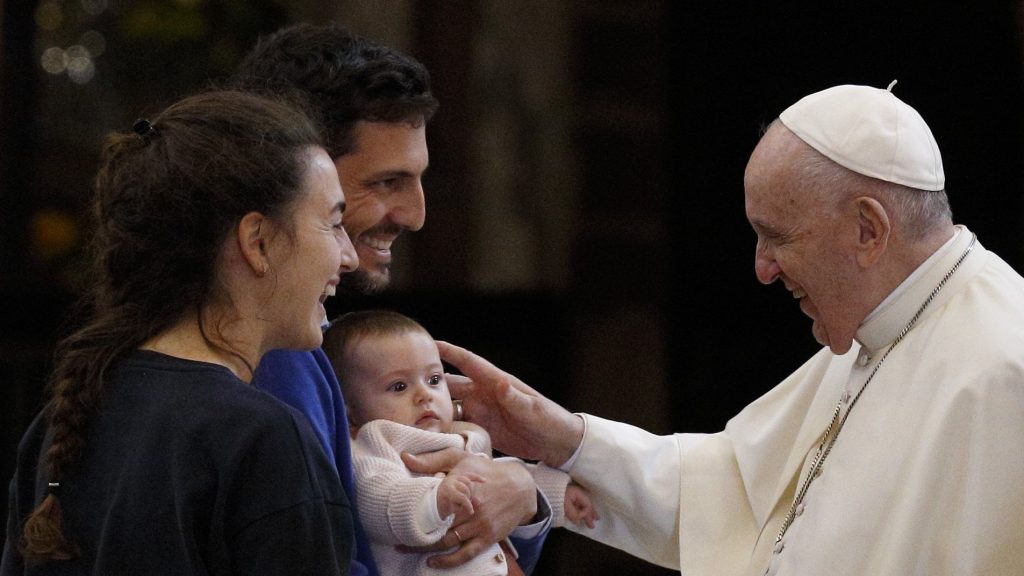One of my favorite phrases I picked up during my foreign travels years ago: An Englishman in our rail car was looking out at the locals on their porches by the railroad tracks and described them as “lying about in hoggish slumber.”
More than a bit of colonial racism in that comment, but the phrase stuck with me. It aptly described the post-Christmas letdown after an excess of sugar and carbs that in turn followed the helter-skelter of pre-Christmas shopping. We were indeed lying about in hoggish slumber, rousing ourselves only to reach for another piece of peppermint bark or to change the channel.
Thus Christmas ended not with a bang but with a whimper as my wife tried to rouse us for a brisk walk, reminding us that our limbs were meant for more than reaching for desserts.
This is the perfect time to think about New Year’s resolutions, since it is likely that the 12 days of Christmas has meant breaking a number of last year’s resolutions.
This is also the perfect time to be thinking about family. Many of us spend at least a portion of the holidays with at least a portion of our families. It is a time of joy and reunion, but also a time when we recognize that our families are, well, very real. As in loving but also fractious, warm but at times sarcastic, united by blood and yet sometimes out of sync. Especially this Christmas.
After nearly two years of COVID-19 alarms and the oppressive anxiety that has accompanied those alarms, we are all a little frayed right now. My children spent part of their Christmas with us seeking out COVID tests, for example, trying to assess whether they had a garden variety cold or something worse that could potentially do in the parents they were visiting.
It is at times like these that Pope Francis becomes our pastor-in-chief. His letter to families issued on the feast of the Holy Family, Dec. 26, is a remarkable example both of his pastor’s heart and his way of speaking in nonchurchy language about what many in his flock are experiencing.
And what we have been experiencing is two years of anxiety and frustration and, come the new year, exhaustion.
Noting how the pandemic has changed so many of our family experiences, he wrote that the isolation we have all experienced has meant that “the time for being together has increased, and this has been a unique opportunity to cultivate dialogue in the family.” We’ve had a lot more time to “dialogue” for sure.
This togetherness, he recognizes, also “requires a special exercise of patience; it is not easy to be together all day when you have to work, study, relax, and rest in the same house. Don’t let yourself be overcome by tiredness; may the power of love make you capable of looking more at others — at your spouse, at your children — than at your own fatigue.”
Pope Francis does not gloss over the challenges of life — growing old, dealing with in-laws, struggling to provide, wrestling with doubts. His description of marriage is hardly Hallmark: “Marriage, as a vocation, calls you to steer a tiny boat — wave-tossed yet sturdy, thanks to the reality of the sacrament — across a sometimes stormy sea,” he wrote.
Sometimes the boat doesn’t make it. He seeks to comfort those whose marriages break under the stresses of the pandemic era. “The problems that already existed have aggravated, generating conflicts that in many cases have become almost unbearable,” he observed. Yet he wanted those couples who have suffered and perhaps parted “to sense my closeness and my affection.”
He reminds couples in these situations to think of the children and “do not stop seeking help so that the conflicts can somehow be overcome and do not cause further suffering between you and your children.”
“Do not forget that forgiveness heals every wound,” he wrote, reminding all couples that, “It is important that together you keep your gaze fixed on Jesus. Only in this way will you have peace, overcome conflicts, and find solutions to many of your problems. Not because these will disappear, but because you will be able to see them in another perspective.”
That last sentence is classic Pope Francis. Faith does not guarantee us no troubles, no problems, no worries. It means that we understand the hurdles we face in a different context if we “keep our gaze fixed on Jesus.”
So this January, while we are making various resolutions, let’s not forget our families. The stresses we are experiencing now will not disappear suddenly, but neither do the opportunities to support and nourish our spouse, our children, our parents. Let’s swear off the peppermint bark for sure, but let’s also resolve to be supportive of those we most want to love well.

